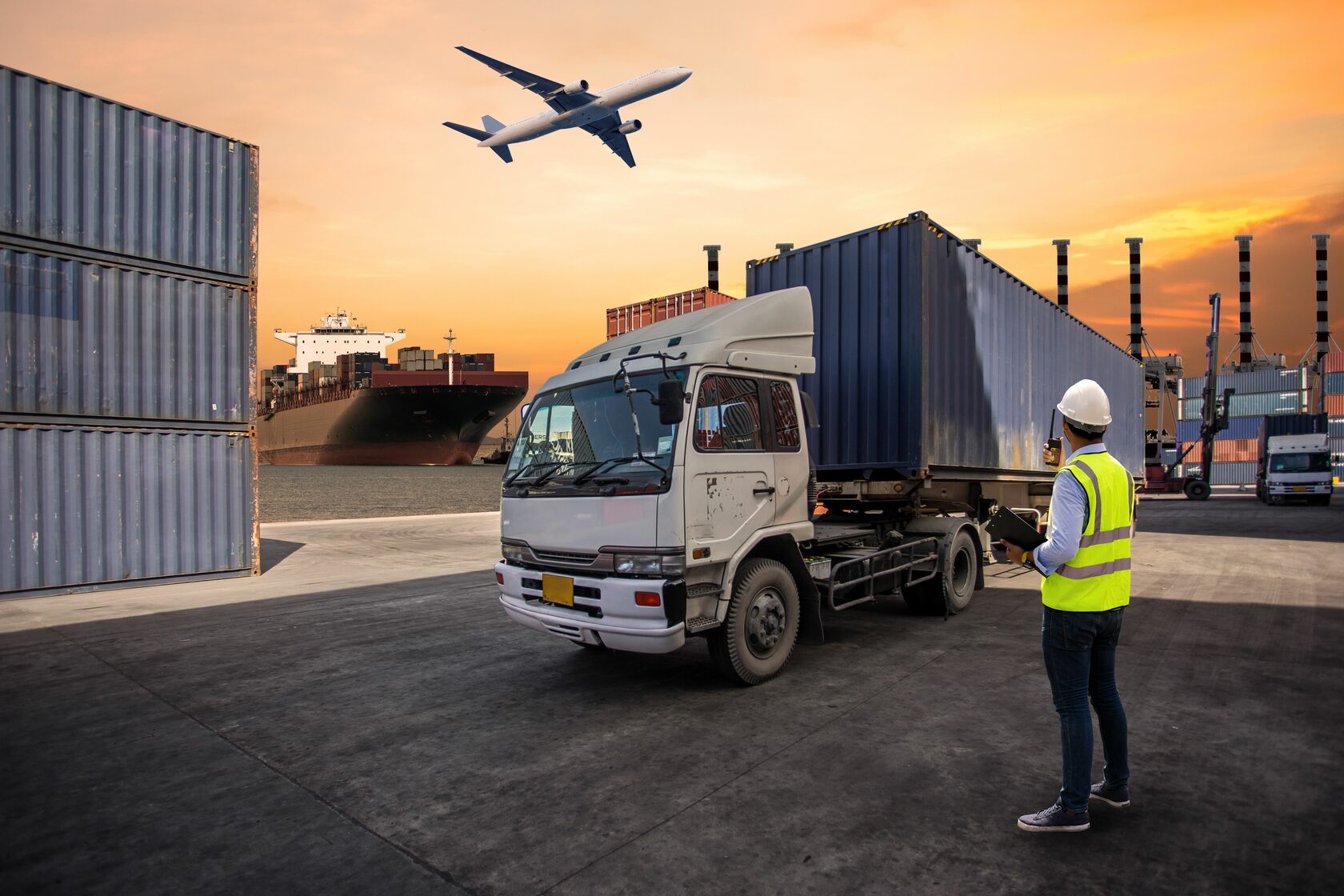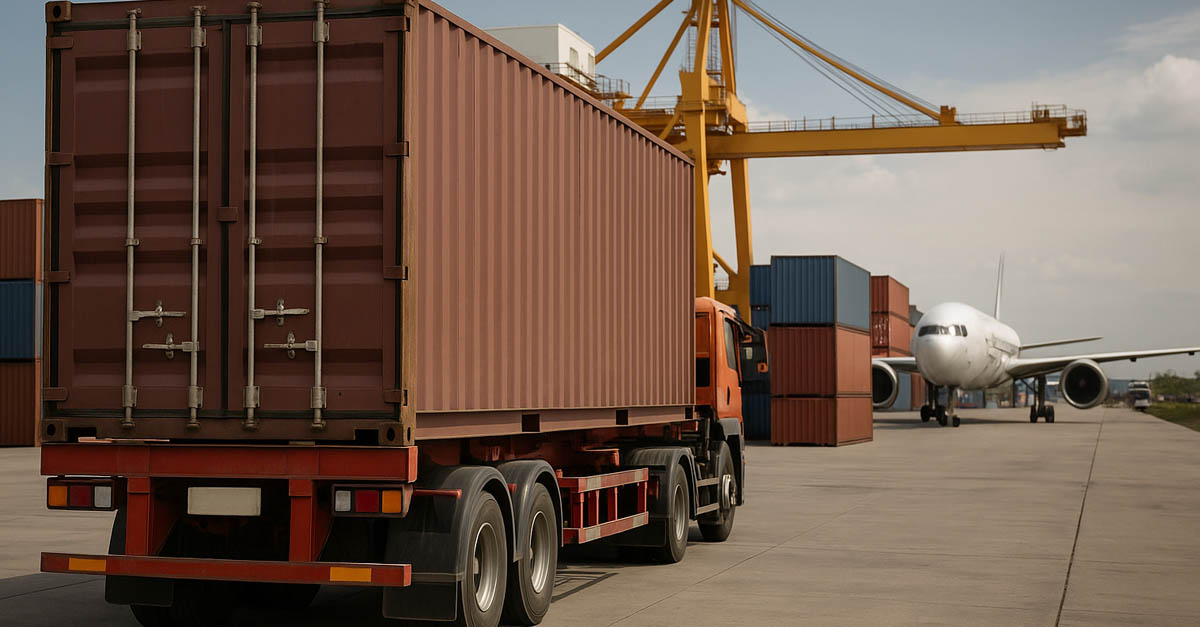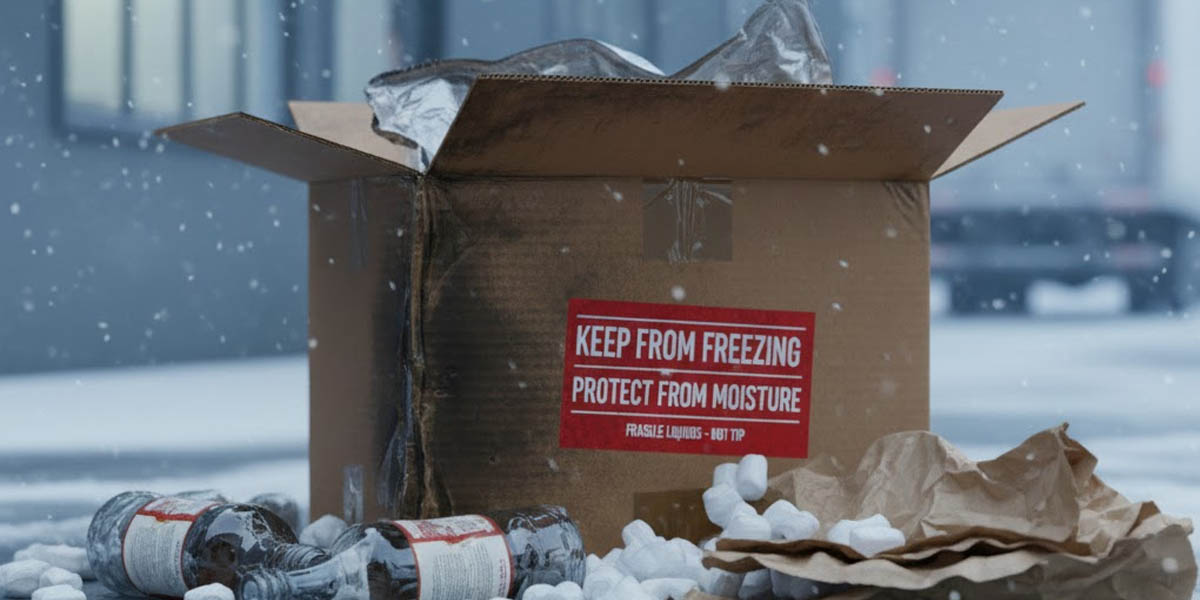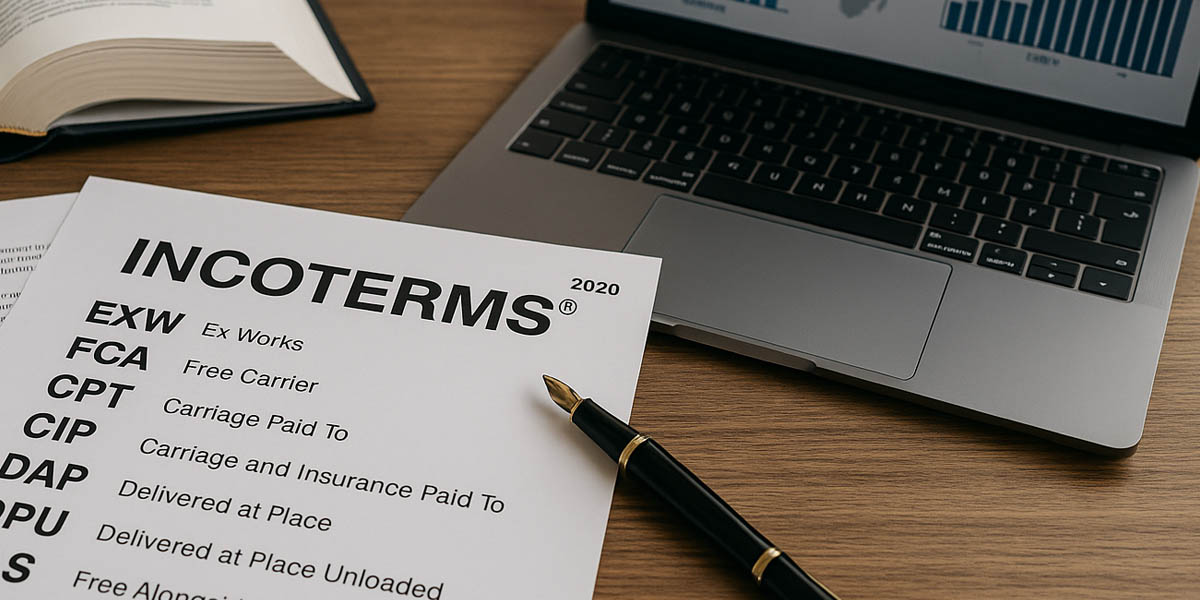Blog


Transporting cargo always involves risk—damage, theft, loss, accidents, fire, delays, or other force majeure events can lead to serious financial consequences. That’s why cargo insurance is an essential tool for protecting your business.
Why Insure Your Cargo?
- Financial protection
In the event of loss or damage, insurance helps recover costs—either fully or partially, depending on the policy terms.
- Peace of mind during international shipping
Routes abroad may involve different legal environments and unpredictable conditions.
- Partner requirements
Many shippers and consignees require insured cargo as part of their contractual terms.
- Reduced legal risks
In case of customer claims or delivery delays, insurance simplifies dispute resolution.
What Does Cargo Insurance Cover?
Coverage depends on the policy type and its terms, but typically includes:
Standard Coverage:
- Damage during loading/unloading
- Vehicle accidents
- Fire, flooding
- Natural disasters (hail, storms, earthquakes)
- Theft, robbery, or assault
Extended Coverage May Include:
- Downtime or delays in transit
- Customs delays
- Damage due to improper storage
- Loss of packaging, seals, or labeling
Important: Under the international CMR Convention, the carrier’s liability is limited to 8.33 SDR per kg of cargo, which often doesn’t reflect the cargo’s real value. Insurance helps go beyond this limit and protects your actual financial interests.
Types of Cargo Insurance
- All Risks Insurance
- Offers the broadest protection.
- Covers almost any damage unless specifically excluded (e.g., negligence, poor packaging).
- Recommended for high-value or fragile shipments.
- Offers the broadest protection.
- Named Perils Insurance
- Covers damage only from listed events: accidents, fire, natural disasters, etc.
- Does not cover minor or handling-related damages.
- Covers damage only from listed events: accidents, fire, natural disasters, etc.
- Total Loss Only
- Covers complete loss only—e.g., cargo destroyed in a crash or shipwreck.
- Suitable for inexpensive and durable goods with low risk.
- Covers complete loss only—e.g., cargo destroyed in a crash or shipwreck.
- CMR Insurance (Carrier Liability Insurance)
- Protects the carrier, not the cargo owner.
- Covers third-party claims within the limits of legal liability.
- Often included in freight contracts but not a substitute for full cargo insurance.
- Protects the carrier, not the cargo owner.
What to Look for in a Cargo Insurance Policy
- Insured amount
Ensure coverage reflects the full market value of the cargo, including delivery costs, VAT, etc.
- Exclusions
Carefully read which incidents are not covered (e.g., spoilage due to shipper negligence).
- Deductible (franchise)
The higher the deductible, the lower the premium—but the greater your risk.
- Policy duration
The policy should cover the entire route—from origin warehouse to final delivery point.
- Claims handling
Choose a reliable insurer with a transparent and timely claims process.
- Additional options
Such as delay protection, temporary storage insurance, or repackaging coverage.
Insuring Cargo via Cargo Express Platform
Cargo insurance can be arranged directly through the Cargo Express logistics platform. Insurance is valid from the moment loading begins until delivery is completed. Both single-trip policies and contracts for recurring shipments are available.
The cost is calculated automatically based on cargo type, characteristics, route, and transport mode. To access this service, users must register on the platform, enter shipment details, and the system will generate the most optimal insurance offer.


